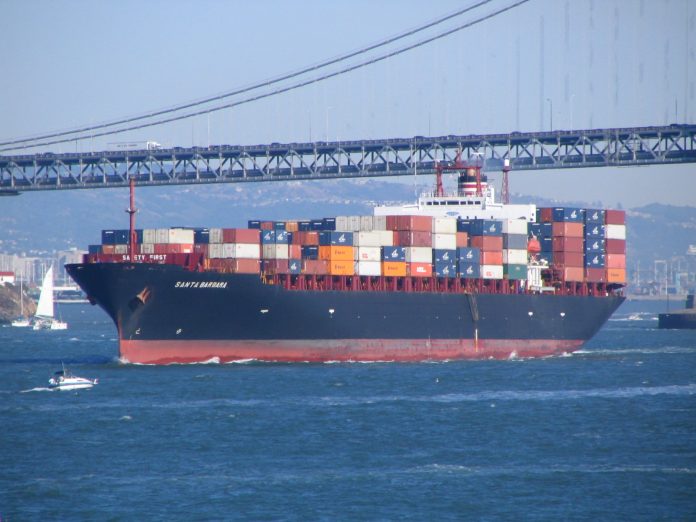Climate neutral transition of the maritime transport should be followed with a substantial emissions reduction, clean ports and banning the use of heavy fuel oil, MEPs say.
The resolution on technical and operational measures for more efficient and cleaner maritime transport, adopted by 453 votes to 92, and 154 abstentions on Tuesday, notes that international shipping emits around 940 million tonnes of CO2 annually and is responsible for approximately 2.5% of global greenhouse gases emissions. MEPs highlight that these emissions are projected to increase significantly if mitigation measures are not swiftly introduced. They therefore advocate for a climate neutral transition of the maritime transport sector by 2050 that should be backed by proper funding, research and innovation in clean technologies and fuels.
Less emissions and more alternative fuels
As part of the decarbonisation efforts, the adopted text notes the European Parliament’s previous call for shipping companies to achieve a 40% reduction in emissions by 2030 and the inclusion of maritime transport in the EU Emissions Trading Systems. The emission control should not be limited to CO2 emissions only – MEPs also stress the urgent health and environmental need to establish a sulphur and nitrogen emission control areas in Mediterranean that could be extended to all EU seas. In order to achieve significant cuts in shipping emissions, the resolution demands to gradually phase out the use of heavy fuel oil in ships and “deplores the distortion of competition on the European market between fossil energies, which benefit from more favourable tax treatment, and clean alternative fuels from renewable sources”. MEPs urge the Commission to address this situation and put incentives, including through tax exemptions, to promote the use of alternatives to heavy fuels. LNG and LNG infrastructure could be one of transitional technologies towards zero-emission alternatives in the maritime sector, MEPs add.
Greener ports and ships
Reducing the impact of shipping on air quality and citizens’ health also requires lower emissions in ports. Therefore, MEPs call on the Commission to draw up a strategy on zero-emission ports, support the use of on-shore power supply from clean electricity and propose rules that would promote zero pollution at berth. They also urge the Commission to take swift action to regulate EU port access for the most polluting ships based on the Port State Control directive framework. The resolution also notes other measures that could significantly contribute to the decarbonisation of the maritime sector and promote the European Green Deal. The digitalisation and automation of ports and ships, vessel speed optimisation, innovation in hydrodynamics, and introduction of new propulsion measures, are just few actions MEPs want the Commission, ship-owners, and ship-operators to explore further.

